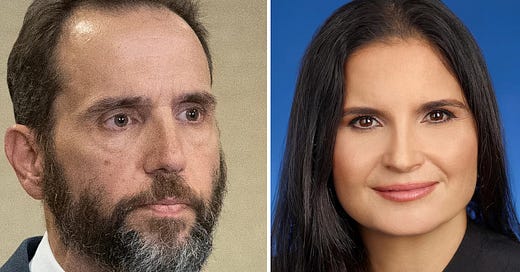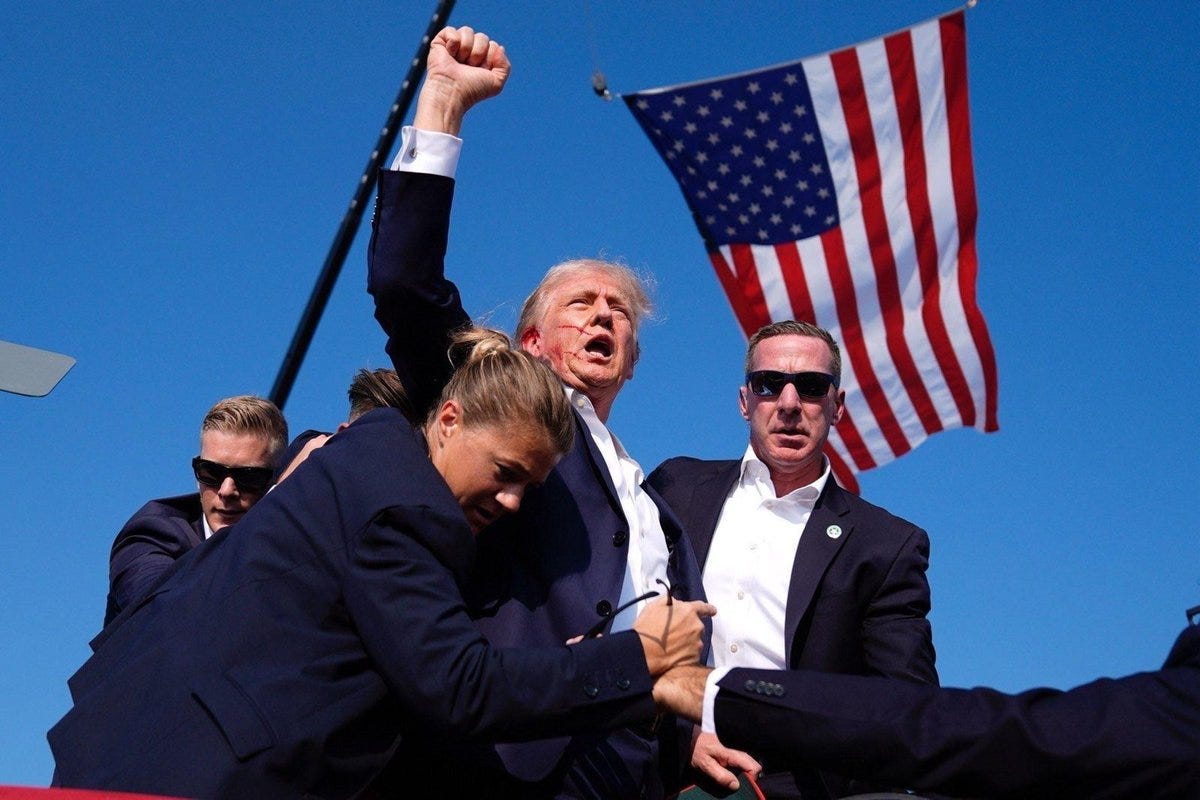Judge Cannon Holds Special Counsel Smith's Appointment Illegal: Dismisses Trump’s Classified Documents Case
Unexpected Reprieve Amid Legal Challenges for Donald Trump: A Major Embarrassment for the Justice Department, Criticized by Trump as Weaponized by the Biden Administration.
An Unexpected Judicial Reprieve
On the first working day following the failed assassination attempt, in a significant legal development, U.S. District Judge Aileen M. Cannon on 15th July dismissed the indictment against former President Donald Trump regarding his handling of classified documents. This ruling, based on the categorical conclusion that Special Counsel Jack Smith's appointment was improper and illegal, marks a significant, albeit provisional, victory for Trump amidst a series of ongoing legal battles. However, one thing is certain—the trial in this classified documents case will be held in abeyance for the time being.
Detailed Implications of the Ruling
Judge Cannon's decision effectively nullifies the immediate legal threat to Trump and his co-defendants, Waltine “Walt” Nauta and Carlos De Oliveira, in the classified documents case. This case captured the American public's attention when the FBI raided his private resort, Mar-a-Lago, in Florida and seized various sensitive and classified official documents, which were reportedly stored carelessly, including in a bathroom. However, this dismissal doesn't signify an end to Trump's legal predicaments but rather shifts the focus to the anticipated appeal from the Justice Department. This move is likely to escalate the matter to the Supreme Court, suggesting a prolonged legal engagement with potentially significant constitutional implications.
Broader Legal Entanglements
Aside from the classified documents case, Trump faces a series of other legal challenges. Notably, he is gearing up for a possible sentencing in New York this September related to falsification of business records. This case, which led to a jury finding him guilty on all 34 felony charges in May, includes inter alia a hush money payment to an adult-film actress Stormy Daniels and continues to fuel legal debates, especially in light of a sweeping Supreme Court ruling on presidential immunity, which could affect ongoing and future criminal indictments and trials against him. The Supreme Court judgment led the judge to provisionally postpone the 11th July sentencing date to 18th September.
Legal and Political Ramifications
This series of legal battles comes at a critical time as Trump prepares for the upcoming presidential election, with the Republican National Convention on the horizon. The legal outcomes not only bear personal consequences for Trump but also hold profound political ramifications, potentially influencing voter sentiment and the political landscape.
Judge Cannon's Ruling on Special Counsel Appointment
Cannon, who was nominated to the federal bench by Trump, wrote that the issue of a special counsel was a novel one that had to be decided before the prosecution could proceed any further. “Upon careful study of the foundational challenges raised in the Motion, the Court is convinced that Special Counsel Smith’s prosecution of this action breaches two structural cornerstones of our constitutional scheme — the role of Congress in the appointment of constitutional officers, and the role of Congress in authorizing expenditures by law,” Cannon concluded in her 92-page order. Cannon found that the Justice Department has inconsistently appointed special counsels and said the “lack of consistency makes it near impossible to draw any meaningful conclusions about Congress’s approval of modern special counsels like Special Counsel Smith.”
Skepticism and Legal Theory
Cannon has long been skeptical of prosecutors’ decision-making in the documents case, but Monday’s decision is her most consequential expression of that skepticism by far. In 2022, after FBI agents searched Trump’s home and found more than 100 classified documents, Cannon appointed a special master — essentially an extra judge — to scrutinize what documents investigators seized. An appeals court later reversed her special master appointment. Daniel Richman, a professor at Columbia Law School, noted, “She has been open to and often embraced some of the more aggressive — even outlandish — arguments of Trump’s lawyers and appears to have done so here.” The legal theory that Smith was illegally appointed and funded has generally been considered far-fetched, particularly given the recent history of special counsel appointments, including that of former FBI Director Robert S. Mueller III in 2017. Trump's legal team adopted this argument under the influence of conservative legal groups, despite not making a similar request to dismiss Trump’s federal election interference case in D.C. Supreme Court’s Justice Clarence Thomas’s recent concurring opinion further supported this legal argument, which Cannon cited multiple times in her ruling.
In Summary: A Legal Quagmire
The dismissal of Trump's indictment by Judge Cannon offers a definitive easing of one of his legal burdens. However, the overarching narrative remains unchanged; Trump's legal journey is far from over, despite the Supreme Court’s recent verdict about presidential immunity from criminal prosecution in respect of “official acts.” With multiple cases still unfolding and appeals expected, the legal strategies and judicial interpretations in these matters will not only shape Trump's future but also set precedents concerning presidential accountability and the separation of powers in the U.S. government.
With his popularity and funding surging after the failed assassination attempt in Butler, Pennsylvania, Trump's journey appears both exciting and risky. Today's verdict, which essentially sets aside the proceedings in the classified documents case, further turns the odds in his favour. Let us wait and see— we promise to keep our readers updated.





